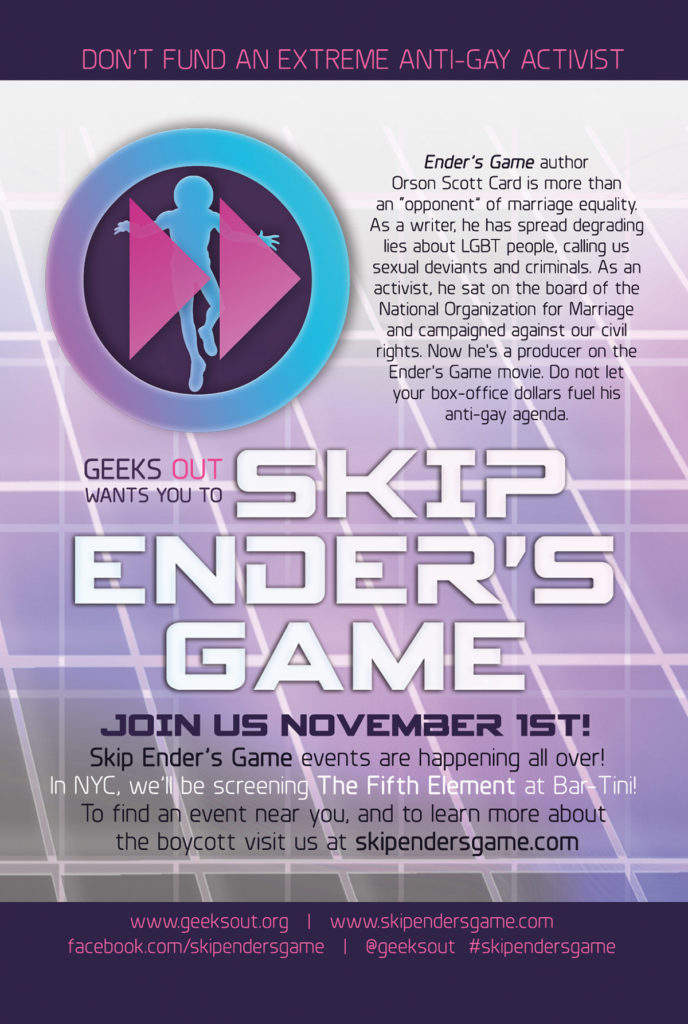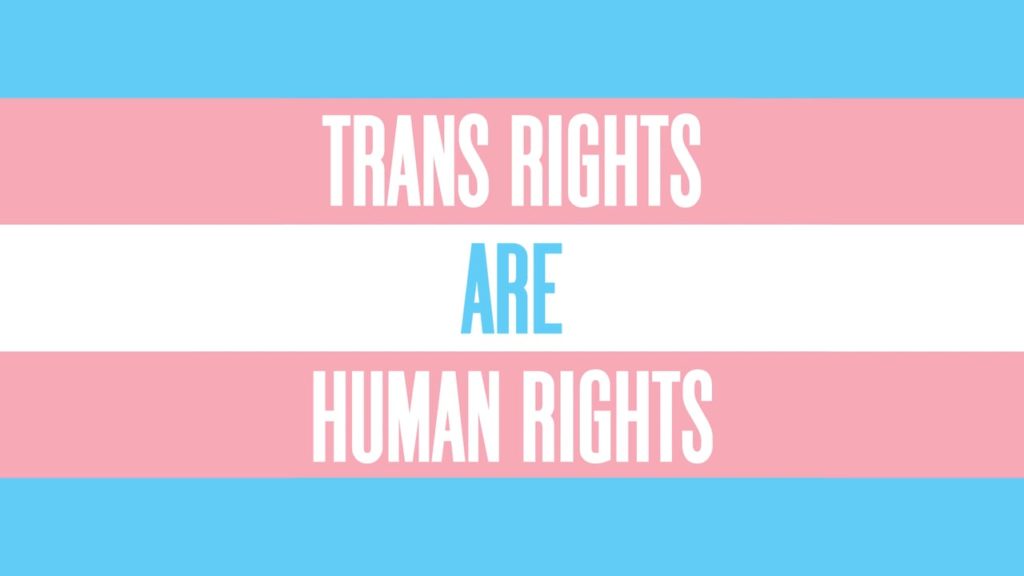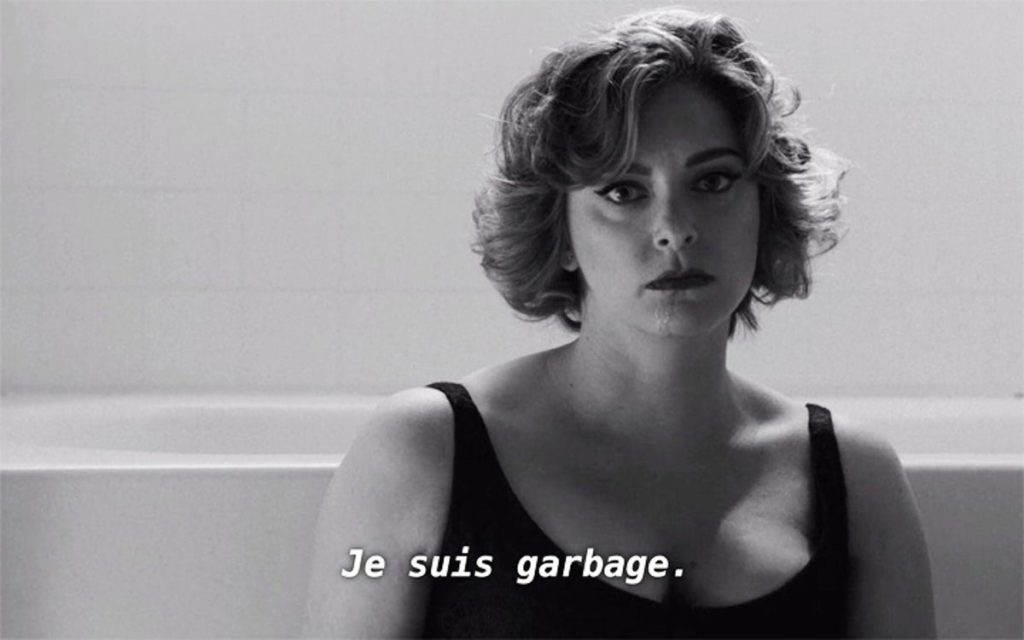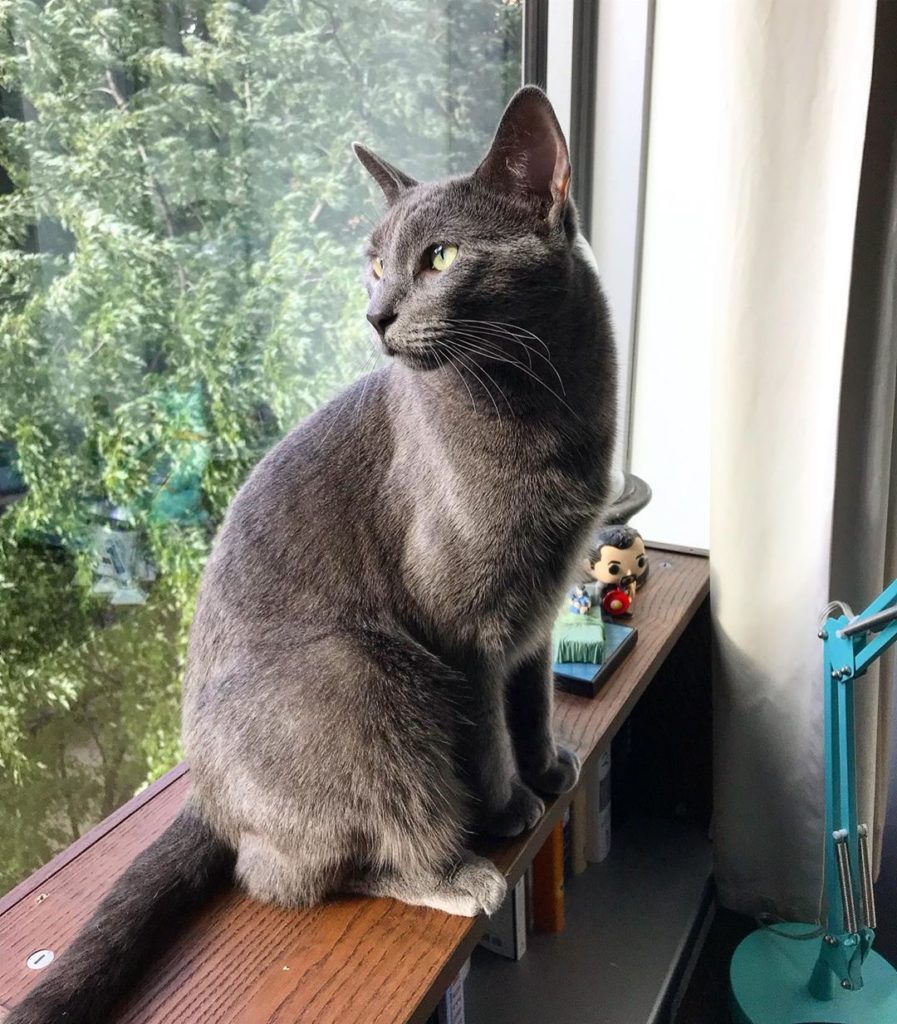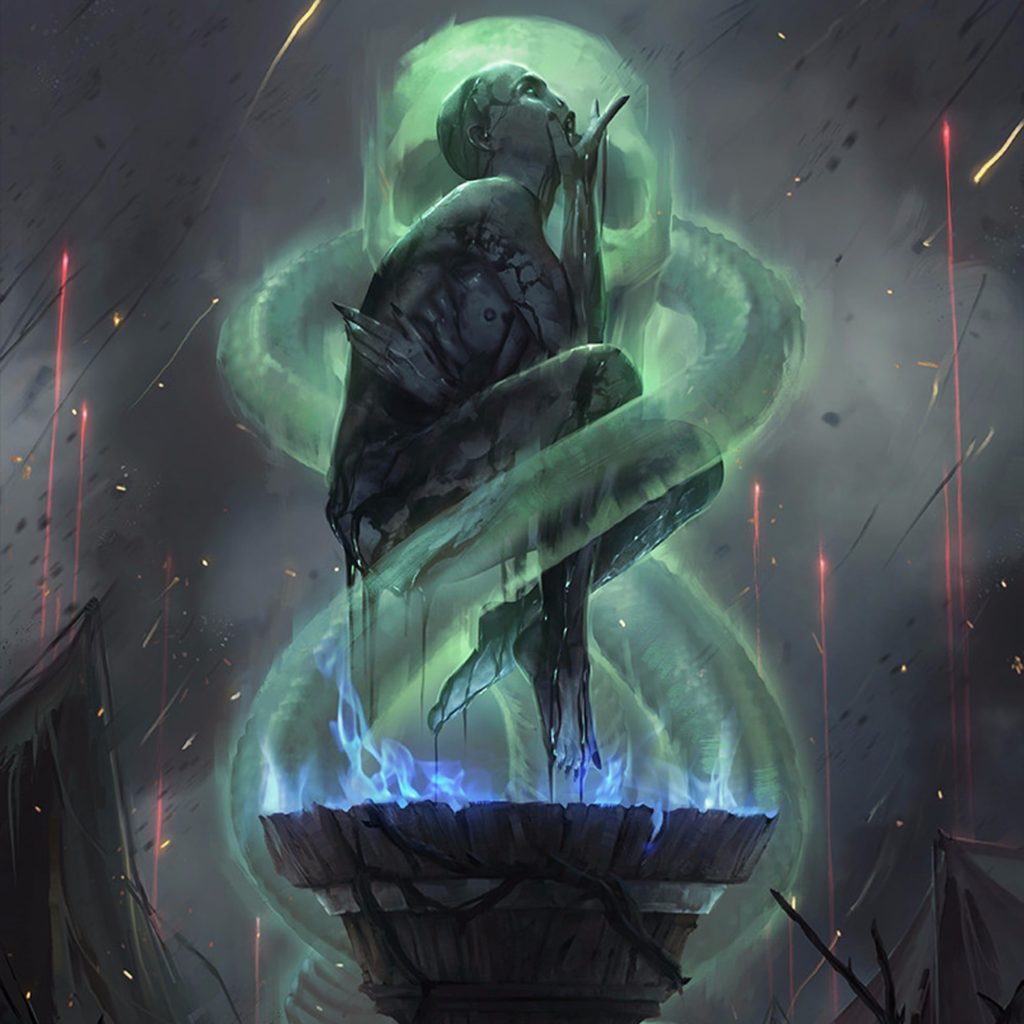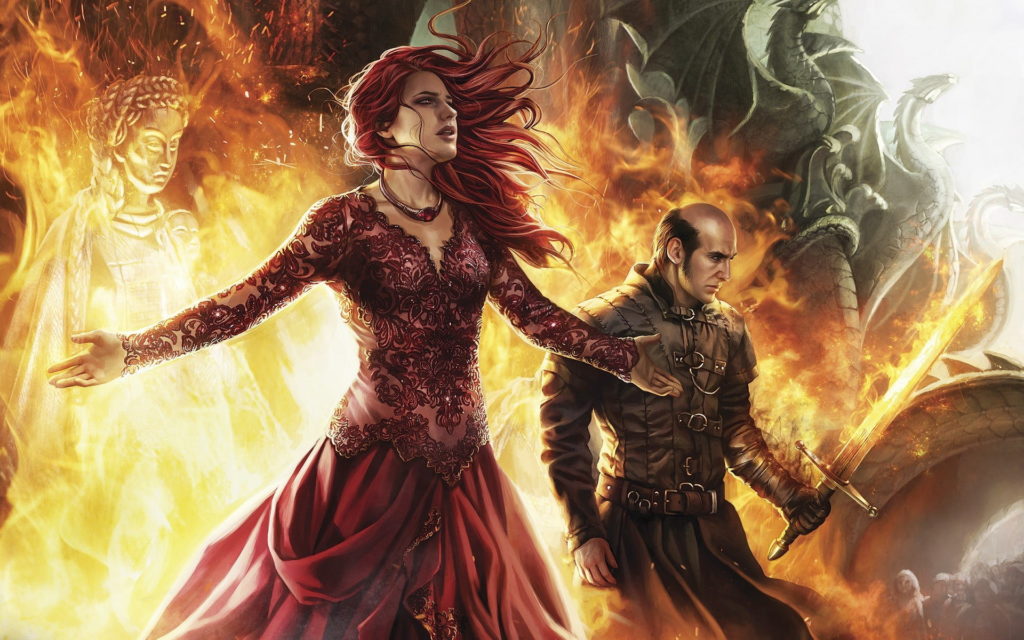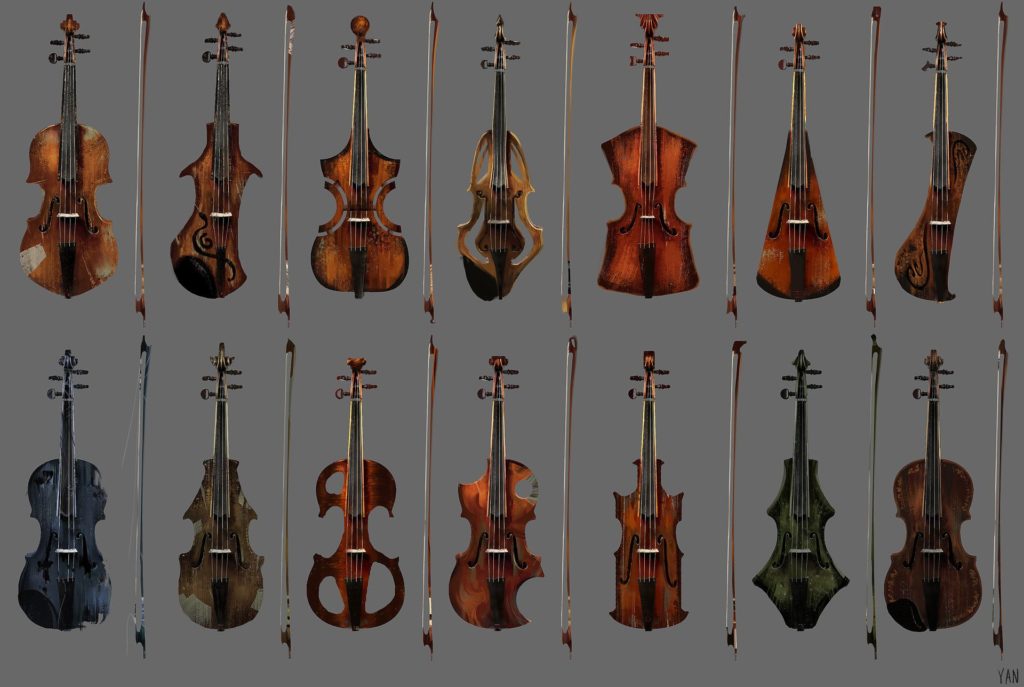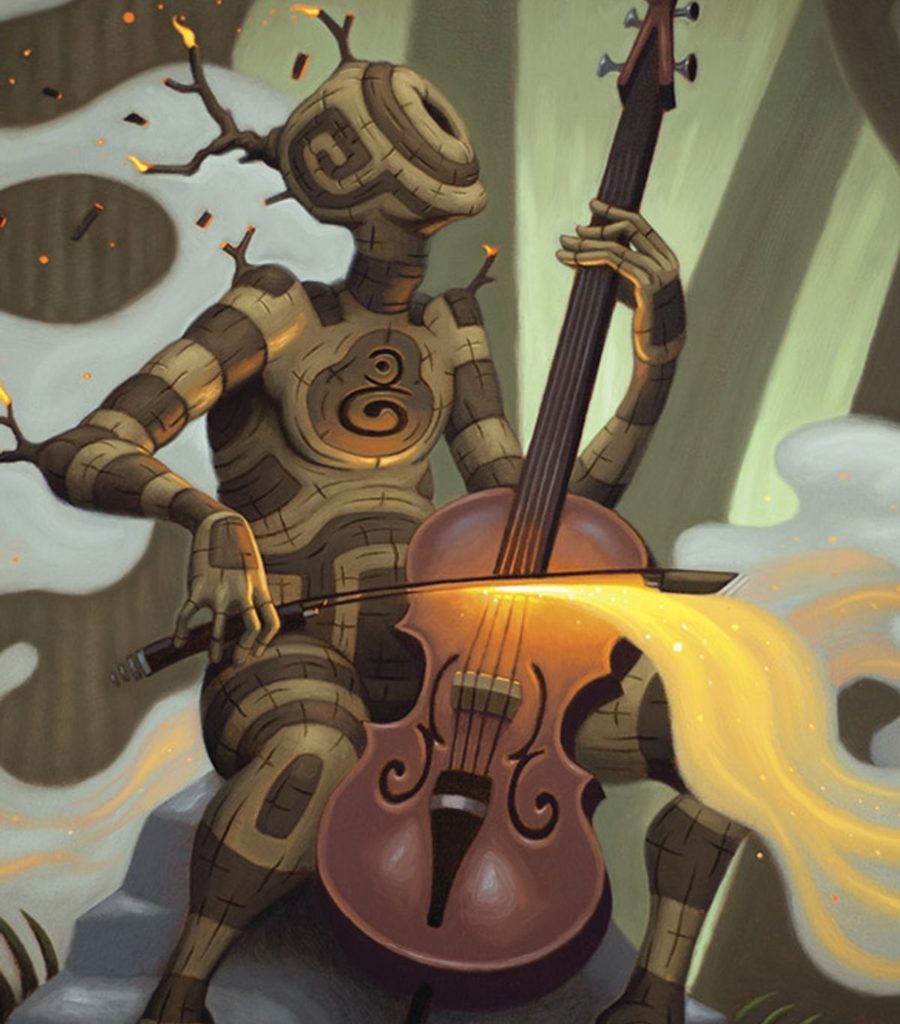I have been thinking about how to approach the torrent of revelations coming out of Twitter in recent days. Not because I am in any way close to any of the people involved, but rather because I felt I needed to. And I fully recognize that this situation is not about me, and my thoughts are unlikely to enrich it. But this blog is part therapy, and I hope I also don’t cause harm by speaking on the subject.
Several notable authors of Science Fiction and Fantasy have been dragged out for various forms of harassment of women, non-binary folks, and queer people they perceived as vulnerable. Those include Myke Cole, Sam Sykes, Mark Lawrence, Max Temkin, and Warren Ellis. Some of them I’ve met in person, others I know only through their writing or reputation. None has made any overtly bad impression on me.
And I don’t for a second struggle believing the accusations leveled against them.
It’s not even about believing the accusers in this case. Most of these men have freely admitted to their actions, with varying degrees of accepting responsibility. Some have ran away from Twitter, preferring to act like victims. Others are so far standing firm and accepting their punishment, whatever that’s worth to anyone.
It made me consider my own behavior. As a pretty firmly established gay man who hasn’t been on any kind of “prowl” in quite a few years now, I have never considered myself any kind of threat to women. More than that, in my few and limited interactions with female and queer authors, I’ve made it a point to be respectful and considerate.
But I have no way of knowing how successful I have been. I have witnessed autograph tables of accomplished, wonderfully talented women stay empty. Meanwhile, one lane over, a male author would have several lines struggling to fit into the allotted space. I have been in some of those big lines, rather than the empty ones. Of course, sometimes the reason was the particular names involved, rather than gender.
But this raises another question — if a not-inconsiderable number of the most successful writers in the field are men, do they not have an even bigger responsibility to make our shared spaces feel safer and more nurturing for women and queer folks? And what message does it send to these people, when they come to conventions and conferences, only to be met by crude jokes, belittling behavior, and other forms of often overt harassment? Because let me tell you, a super buff dude grabbing me in his lap while telling me he wants to pee on me, would NOT make me want to return to that space.
We are all capable of calling this out. And I believe we are responsible to do so. As fans, as hopeful writers — scary though that might be to our proto-careers — and as people who believe in human dignity and every person’s right to feel safe in any public space they enter. We can uplift underrepresented voices, so that these public spaces are not ran by drunken cops or writer dynasty legacies.
And in the mean time, it takes more than a Twitter repentance. Many of these dudes are fairly successful in their careers. So, put your money where your apologies are. Make meaningful steps to help women, POC, and queer authors. If you need an apology tour, go donate to a charity, or check yourself into rehab. It is high time that “taking responsibility” means more than 240 symbols on a social network.


